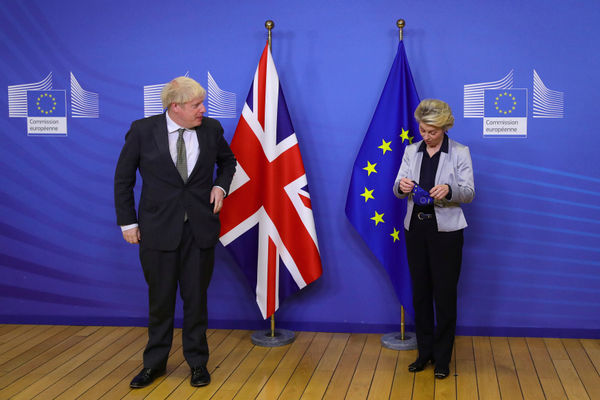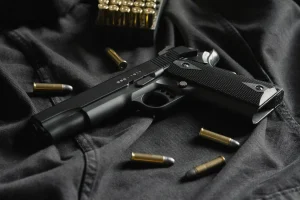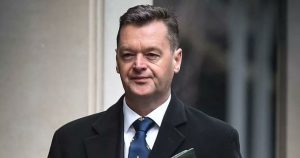The European Union and the United Kingdom will continue their trade talks in search for a Brexit deal, EU Commission President Ursula von der Leyen and British Prime Minister Boris Johnson said on Sunday.
Also Read | Shortages, jams and shutdowns: UK readies for Brexit ‘no-deal’ chaos
In a joint-statement, read out by von der Leyen on EU television, the two leaders said, “We had a useful phone call this morning,” adding, “We discussed the major unresolved topics,” AFP reported.
“After almost a year of negotiations, despite the fact that deadlines have been missed over and over we think it is responsible at this point to go the extra mile.”
“We have accordingly mandated our negotiators to continue the talks and to see whether an agreement can even at this late stage be reached.”
The EU’s Michel Barnier and Britain’s David Frost held talks late on Saturday and early on Sunday and will continue to negotiate in Brussels.
British PM Johnson said on Sunday that while he hoped for a post-Brexit trade deal, the likelihood of the talks ending in a failure is the “most likely” outcome.
With just 19 days left before Britain leaves the EU single market, Sunday’s talks were the latest in a string of last-gasp attempts to reach an agreement.
“I’m afraid we’re still very far apart on some key things but where there’s life there’s hope. The most likely thing now is of course we have to get ready for WTO terms,” he told reporters.
On Saturday, Britain readied Royal Navy ships to patrol its fishing waters as part of increased contingency planning on both sides of the Channel.
Four 80-metre (260-feet) vessels were placed on standby to guard British waters from EU trawlers in case the two sides decide to abandon efforts to secure a free-trade agreement on Sunday.
Brussels’ tone has been less bellicose, and von der Leyen has made it clear that the EU will respect UK sovereignty after the post-Brexit transition period, but neither side is yet ready to compromise on core principles.
Without a trade deal, cross-Channel trade will revert to WTO rules, with tariffs driving up prices and generating paperwork for importers, and the failed negotiation could poison relations between London and Brussels for years to come.
Irish Prime Minister Micheal Martin told the BBC that 97% of an agreement has been negotiated and “it seems to me that the remaining three percent should not be beyond the capacity of both sides to bridge”.
Also Read | US says Brexit means UK can’t impose tariffs in aircraft dispute
In London, a government spokesman stressed late on Saturday that Britain was ready to leave the union and handle its own affairs after 47 years of close economic integration and that “as things stand, the offer on the table from the EU remains unacceptable”.
Downing Street has said the government has mapped out “every single foreseeable scenario” for potential problems after December 31, and “no one needs to worry about our food, medicine or vital supply chains”.
Regardless of whether a deal is agreed or not, Britain will leave the EU on the evening of December 31, more than four years after the landmark decision to leave bloc.







